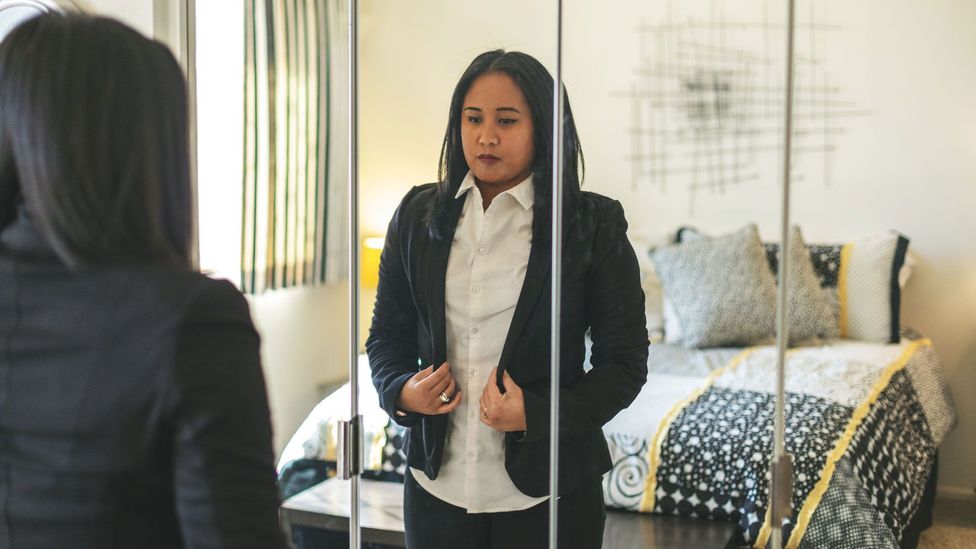After switching industries from education to tech, Jess Jones wasn’t entirely sure of what to expect in terms of salary. After all, software engineers earn a lot more than teachers.
So, the 31-year-old New Yorker embarked on a huge amount of research into pay: taking part in career coaching, attending networking events, contacting software engineers on LinkedIn and using the salary calculator of the recruitment platform Hired. The message she got was that she should make herself uncomfortable in salary negotiations – or, as she puts it, to “ask for a number that makes me want to throw up”.
Jones was at a major advantage going into negotiations armed with knowledge about appropriate salaries for her position. But most people don’t come with the same fire power. Research shows that the pay gap, which is well documented, partly stems from the ‘ask gap’: the difference in salary expectations between groups, which undercuts women and minorities in particular. Closing this gendered and racialised ‘ask gap’ can pay major dividends for careers, reducing long-term salary inequality.
The ask gap in salary negotiations
In many fields, men expect higher salaries than women with comparable qualifications. A study of online jobseekers in Argentina found that women ask for 6% less on average – and this gap increases in male-dominated occupations. A survey of US doctors in residency showed that women’s ideal starting salary averaged 92% of men’s ideal.
According to a survey by compensation company PayScale, in the US, the median job offer for women with similar qualifications to men is $69,200 (£49,000). That’s $2,200 (£1,550) less than for men.
These numbers might not seem that worrying on their own. But pay gaps at the start of a career compound. “Over time it builds up, because the percentage of raises is usually based on the base salary, so that accumulates over the years,” explains Zhaleh Semnani-Azad, a management professor at California State University, Northridge. “So, this is where women do miss out long term.” Some researchers have estimated that a difference of $1,000 (£700) in starting salary could lead to a cumulative loss of a half-million dollars (£353k).
"A difference of $1,000 (£700) in starting salary could lead to a cumulative loss of a half-million dollars (£353k)"





